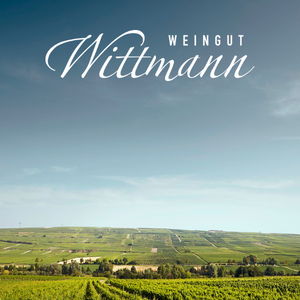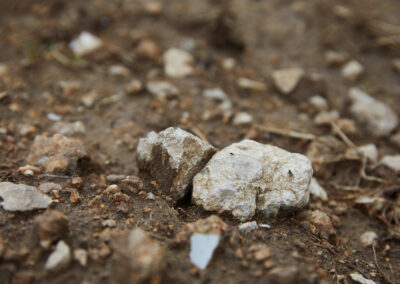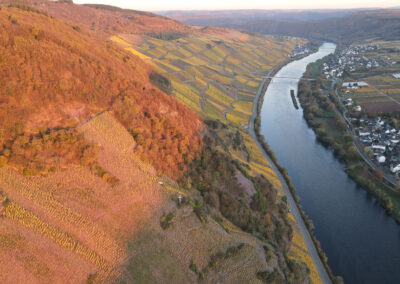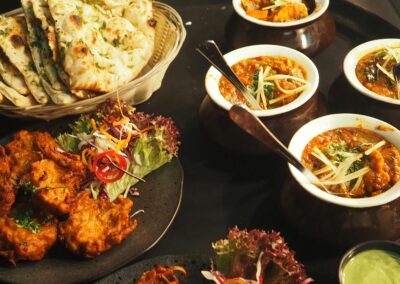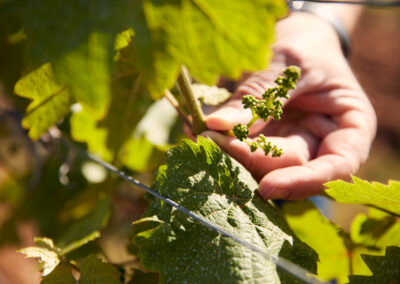Spring has officially started, and we’re seeing changes in the vineyard as the vines prepare for bud break. High-quality wine growing requires a diligent yet nurturing hand. Many winegrowers farm their vineyards organically, but some take it another step further by cultivating Biodynamically. This holistic view of agriculture is complex and emphasizes the need for balance between humans, the earth, and the stars. The Wittmann family were pioneers in Organic and Biodynamic viticulture, receiving certification in 1990 and 2004, respectively. Take a deeper look at biodynamic viticulture and the wines of Weingut Wittmann.
What is Biodynamic Viticulture?
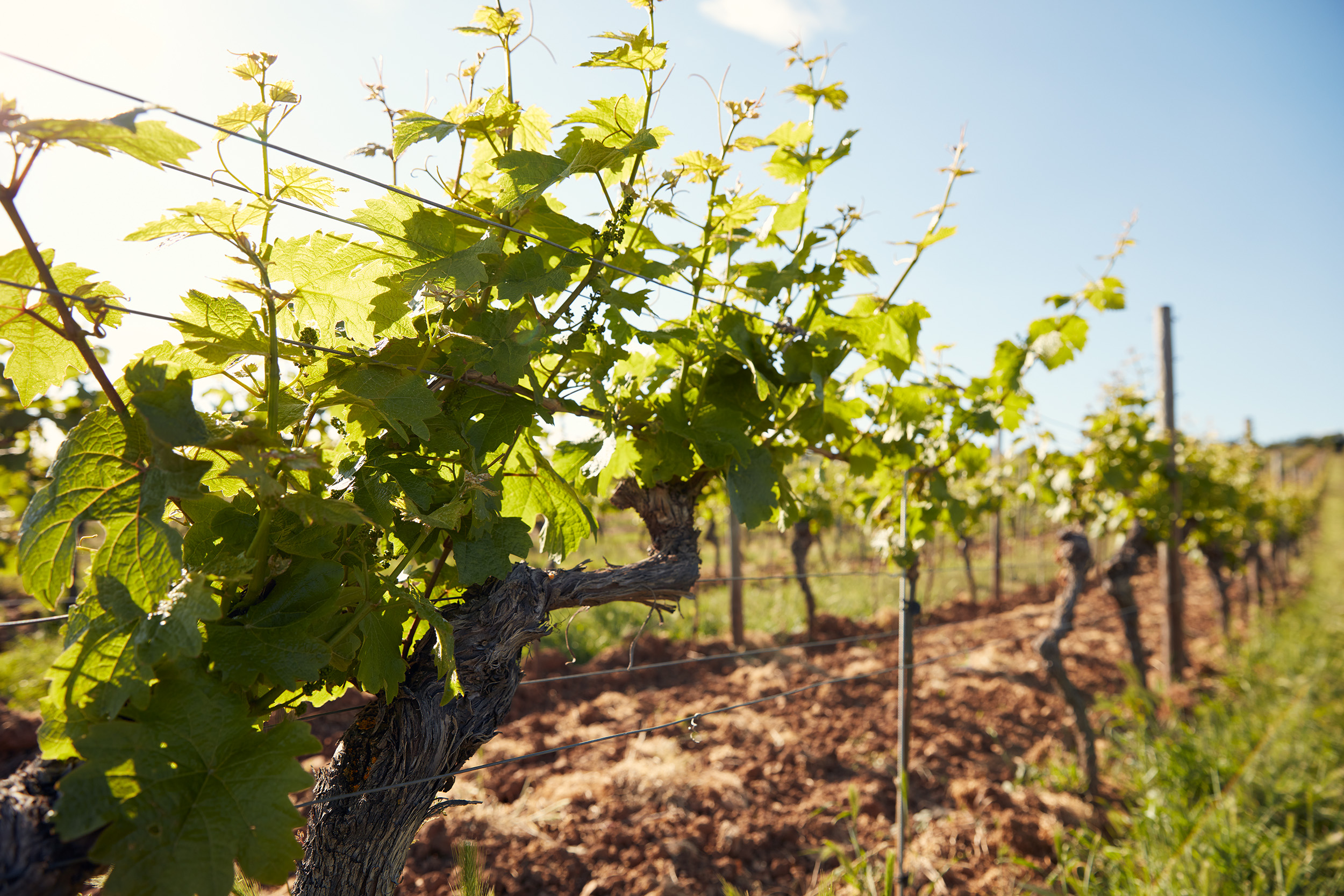
Wittmann Estate Vineyard in Spring
Biodynamic farming is employed across a wide range of agricultural sectors, not just viticulture. The main concept behind biodynamics is that everything in the universe is connected, including various celestial bodies like the moon, planets, and stars. Biodynamic viticulture is the practice of farming the vineyard as one ecosystem while balancing the cosmic forces.
Biodynamic agriculture is the oldest, anti-chemical agricultural movement that predates the creation of organic farming by about twenty years. Austrian philosopher Rudolph Steiner founded the biodynamic approach to agriculture in the 1920s. While the concept of consulting the stars to farm your vineyard may seem far-fetched, mankind has been looking to celestial bodies for guidance for centuries (think ancient Greece and Egypt). The ‘Farmer’s Almanac’ is a more contemporary example of farming practices being guided by other natural forces.
What is Biodynamic Wine?
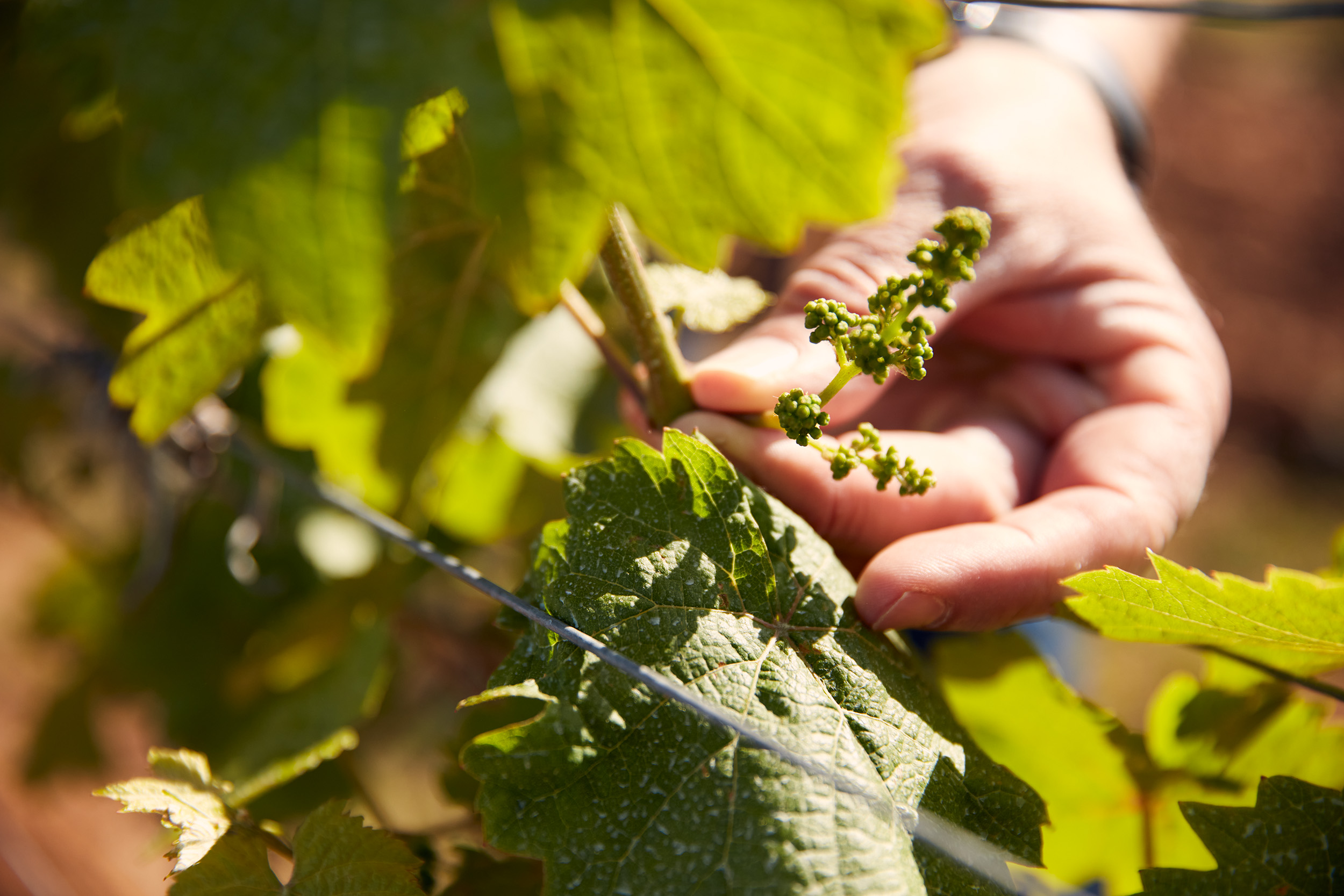
Riesling Bud Break at Wittmann
Before a wine can be considered ‘biodynamic,’ there is a lot of work that needs to be done in the vineyard and during the growing season. Each task, from planting, to pruning, to harvesting, is regulated by the biodynamic calendar. All days on the biodynamic calendar coincide with a classical element (earth, fire, water, and air) and dictate what can be done to the vineyard:
- Fruit Days—the best days for harvesting grapes.
- Root Days—ideal days for pruning in the vineyard.
- Flower Days—nothing is done in the vineyard.
- Leaf Days—the best days for watering grapes.
In addition to the dictates of the calendar, chemical pesticides and fertilizers are prohibited when growing biodynamic wine. Winegrowers instead turn to natural composts to maintain the health of their vineyards. However, there are rules when it comes to these natural composts. Biodynamic farmers are tasked with filling cow horns with organic material and burying them in the ground to be excavated later. Once the cow horns are removed from the ground, the ‘stuffing’ is spread throughout the vineyard. While there is still debate on the benefits of burying cow horns in the vineyard, the main principle of interconnectivity stands strong. The cow horns and buried organic matter prepare the soil for the next generation of grapes and vines.
Biodynamic agriculture is about more than just farming a vineyard as one whole entity. Biodynamic farming also seeks sustainability with the goal of leaving the land better than we found it. These rigorous farming practices ensure that future generations of winegrowers, winemakers, and wine lovers will have plenty of wine to enjoy. Biodynamic viticulture at Wittmann is not a matter of fanaticism, but rather one of exercising prudence and paying attention. This philosophy better supports the dynamics of plant growth and the Wittmann family’s ability to bring forth balanced and harmonious wines.
Be sure you’re following us on social media this month as we continue our deep dive into Wittmann and the estate’s biodynamic viticulture!

